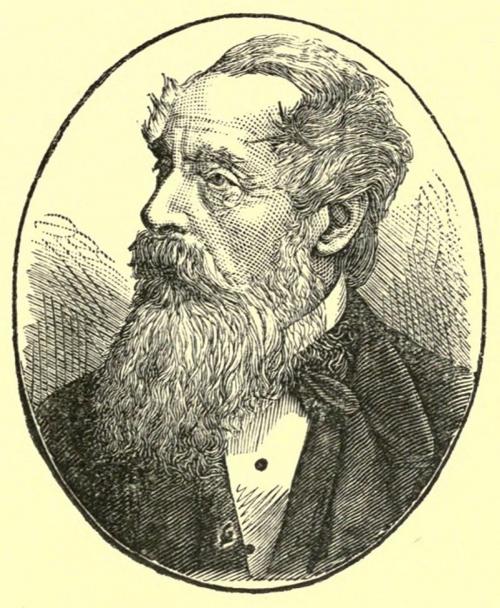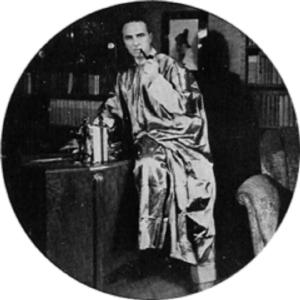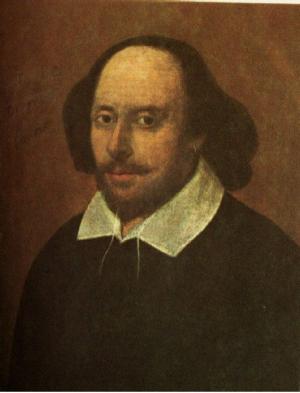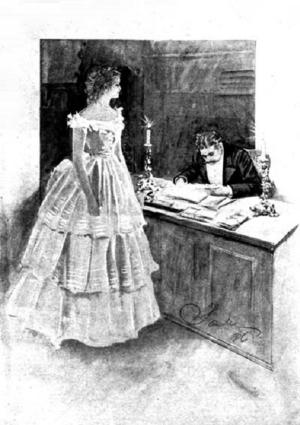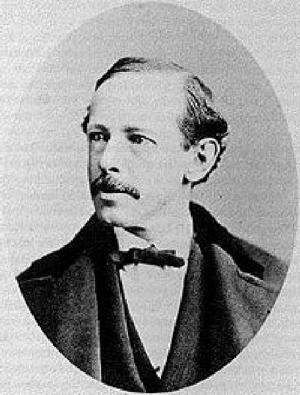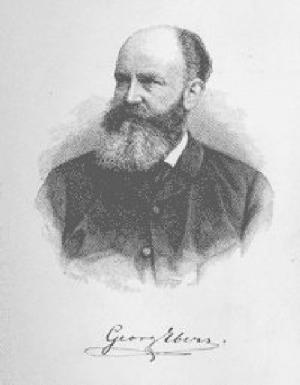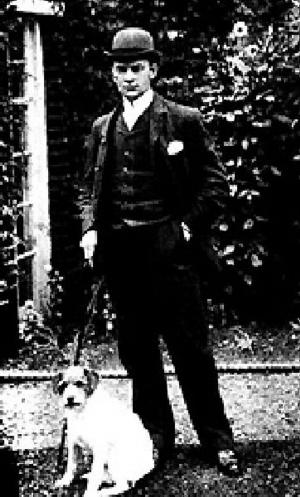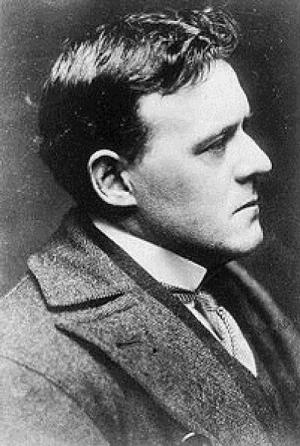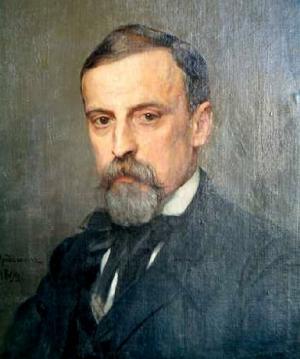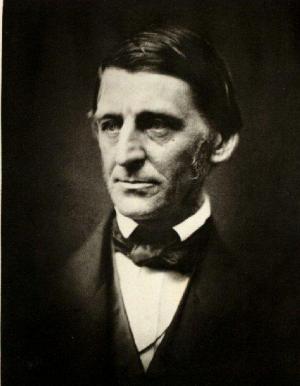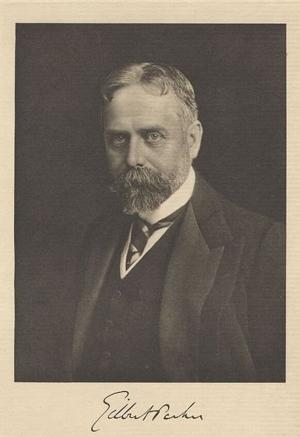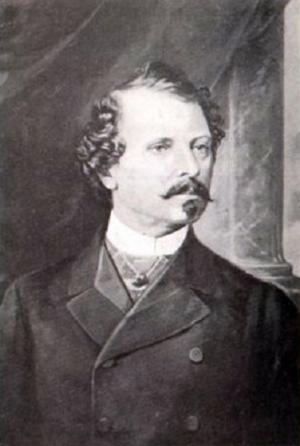True Blue -- a British Seaman of the Old School
Fiction & Literature, Classics, Kids, Teen, General Fiction, Fiction| Author: | Kingston, W.H.G. | ISBN: | 9781455390380 |
| Publisher: | B&R Samizdat Express | Publication: | June 10, 2015 |
| Imprint: | Quench Editions | Language: | English |
| Author: | Kingston, W.H.G. |
| ISBN: | 9781455390380 |
| Publisher: | B&R Samizdat Express |
| Publication: | June 10, 2015 |
| Imprint: | Quench Editions |
| Language: | English |
The present volume gives a capital description of life in the Navy in days of the old three-decker, and many interesting particulars of the naval warfare in the revolutionary period, including the battle of the "glorious first of June." It differs from the average boys' story in one important respect. The hero, instead of gaining a title and a fortune, refuses to rise above the class in which he was born, and attains no higher rank than that of a warrant-officer. The author skillfully introduces little touches and incidents, such as True Blue's conduct when at a theatrical performance, which make his career seem entirely natural and reasonable, and enlists the sympathy and approval of the reader. "He had not aimed high, in one sense of the word," says Kingston in the closing pages, "and yet he had in another sense always aimed high and nobly--to do his duty." In Kingston's eyes no mariner, nor any other man, could have higher praise. According to Wikipedia: "William Henry Giles Kingston (28 February 1814 - 5 August 1880), writer of tales for boys, was born in London, but spent much of his youth in Oporto, where his father was a merchant. His first book, The Circassian Chief, appeared in 1844. His first book for boys, Peter the Whaler, was published in 1851, and had such success that he retired from business and devoted himself entirely to the production of this kind of literature, in which his popularity was deservedly great; and during 30 years he wrote upwards of 130 tales, including The Three Midshipmen (1862), The Three Lieutenants (1874), The Three Commanders (1875), The Three Admirals (1877), Digby Heathcote, etc. He also conducted various papers, including The Colonist, and Colonial Magazine and East India Review. He was also interested in emigration, volunteering, and various philanthropic schemes. For services in negotiating a commercial treaty with Portugal he received a Portuguese knighthood, and for his literary labours a Government pension."
The present volume gives a capital description of life in the Navy in days of the old three-decker, and many interesting particulars of the naval warfare in the revolutionary period, including the battle of the "glorious first of June." It differs from the average boys' story in one important respect. The hero, instead of gaining a title and a fortune, refuses to rise above the class in which he was born, and attains no higher rank than that of a warrant-officer. The author skillfully introduces little touches and incidents, such as True Blue's conduct when at a theatrical performance, which make his career seem entirely natural and reasonable, and enlists the sympathy and approval of the reader. "He had not aimed high, in one sense of the word," says Kingston in the closing pages, "and yet he had in another sense always aimed high and nobly--to do his duty." In Kingston's eyes no mariner, nor any other man, could have higher praise. According to Wikipedia: "William Henry Giles Kingston (28 February 1814 - 5 August 1880), writer of tales for boys, was born in London, but spent much of his youth in Oporto, where his father was a merchant. His first book, The Circassian Chief, appeared in 1844. His first book for boys, Peter the Whaler, was published in 1851, and had such success that he retired from business and devoted himself entirely to the production of this kind of literature, in which his popularity was deservedly great; and during 30 years he wrote upwards of 130 tales, including The Three Midshipmen (1862), The Three Lieutenants (1874), The Three Commanders (1875), The Three Admirals (1877), Digby Heathcote, etc. He also conducted various papers, including The Colonist, and Colonial Magazine and East India Review. He was also interested in emigration, volunteering, and various philanthropic schemes. For services in negotiating a commercial treaty with Portugal he received a Portuguese knighthood, and for his literary labours a Government pension."
